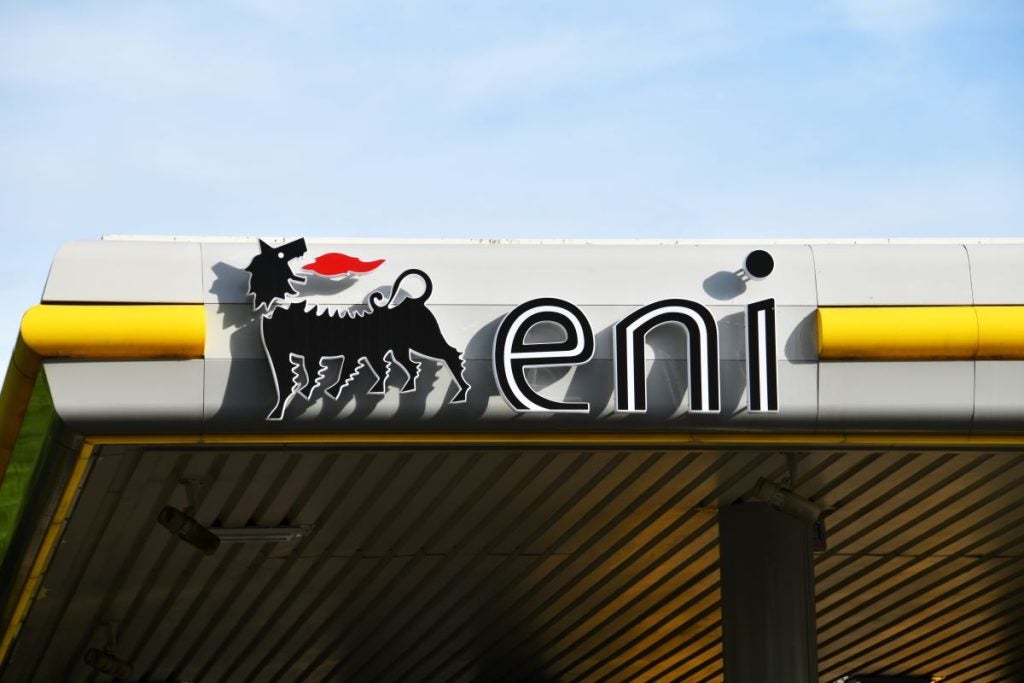
State-owned Nigerian National Petroleum Company (NNPC) has sought assistance from the EFCC to curb oil theft and pipeline vandalism in Nigeria.
During a meeting held in Abuja last week, NNPC chief executive Mele Kyari informed the EFCC of the disturbances in the oil-rich Niger Delta region. He said: “We have deactivated 6,409 illegal refineries in the Niger Delta region. Today, we have disconnected up to 4,846 illegal pipes connected to our pipelines out of 5,543 such illegal connection points. That means there are a vast number of such connections that we have not removed.
“These things don’t just happen from the blues. They happen in communities and locations we all know. As we remove one illegal connection, another one comes up,” he added.
Kyari emphasised the NNPC’s commitment to eliminating corruption from its system, preventing crude oil theft and halting pipeline vandalism. He argued that crude oil theft is the most heinous and rampant economic crime in Nigeria, given the volume of oil stolen daily and “the brazenness with which the perpetrators operate”.
In January, Kyari stated that the command-and-control centre had helped detect and destroy illegal refinery sites, remove illegal connections and address vandalism across operating corridors since 2021.
In recent years, Nigeria has faced numerous counts of oil thefts and pipeline vandalism. In September 2022, the country lost 470,000 barrels of crude oil per day (bpd) due to such incidents, resulting in a monthly loss of $700m. Subsequently, Nigeria reached its lowest daily average output since 1997, resulting in the country slipping behind Angola as Africa’s largest exporter in July 2022.
How well do you really know your competitors?
Access the most comprehensive Company Profiles on the market, powered by GlobalData. Save hours of research. Gain competitive edge.

Thank you!
Your download email will arrive shortly
Not ready to buy yet? Download a free sample
We are confident about the unique quality of our Company Profiles. However, we want you to make the most beneficial decision for your business, so we offer a free sample that you can download by submitting the below form
By GlobalDataDespite the Tinubu administration’s efforts to attract foreign investments to the country’s resource-rich sectors, many international companies have chosen to divest.
On 16 January, Shell announced plans to sell its Nigerian onshore subsidiary, Shell Petroleum Development Company of Nigeria, to Renaissance, a consortium of five companies that includes four exploration and production companies based in Nigeria, in a $2.5bn (£1.96bn) deal.
Equinor also decided to exit Nigeria’s oil industry last year, stating in a press release in November 2023: “Nigeria has been an important part of Equinor’s international portfolio over the past 30 years. This transaction realises value and is in line with Equinor’s strategy to optimise its international oil and gas portfolio and focus on core areas.”
Additionally, Italian energy giant Eni agreed to sell its Nigerian subsidiary, Nigerian Agip Oil Company, to Oando, a Nigerian indigenous energy solutions provider, in September 2023.







